
Find A Professional
More Items From Ergsy search
-

What are risk factors for developing sleep apnea?
Relevance: 100%
-
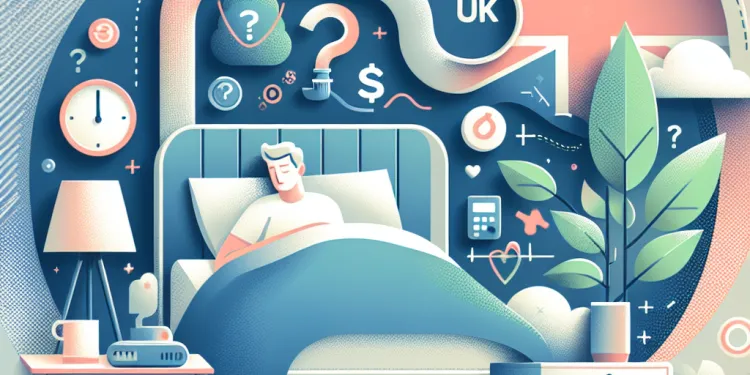
How common is sleep apnea?
Relevance: 88%
-

Why is sleep apnea dangerous?
Relevance: 83%
-

How is sleep apnea diagnosed?
Relevance: 81%
-

What is sleep apnea?
Relevance: 81%
-
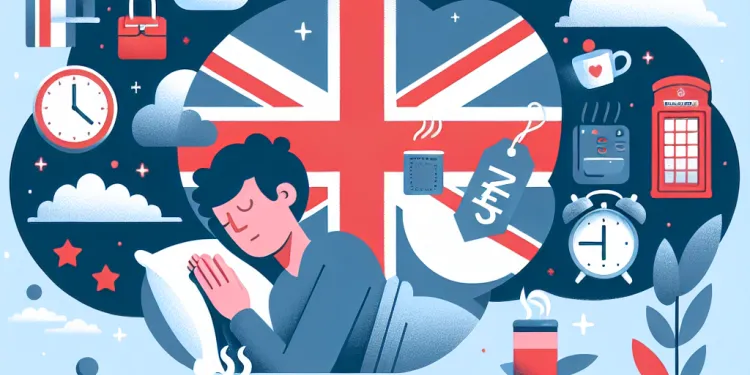
What are common symptoms of sleep apnea?
Relevance: 81%
-
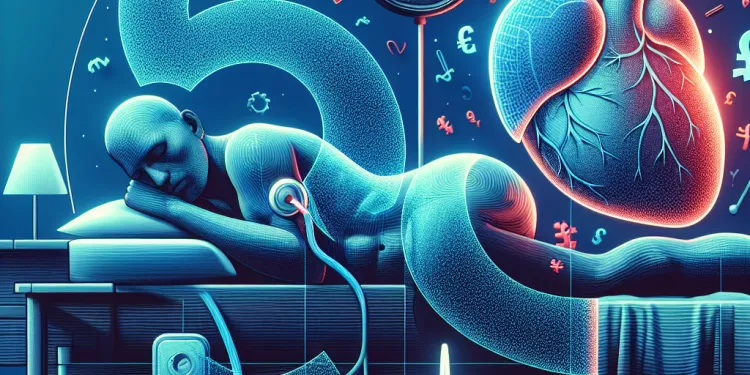
What is complex sleep apnea syndrome?
Relevance: 80%
-

What are the main types of sleep apnea?
Relevance: 79%
-

Does sleep apnea occur only in adults?
Relevance: 78%
-
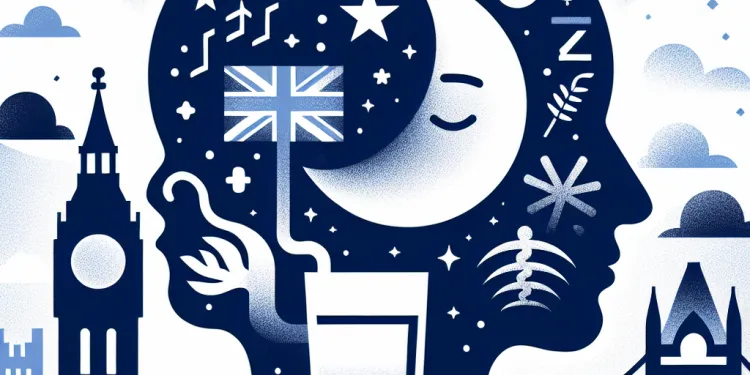
Can alcohol worsen sleep apnea?
Relevance: 75%
-

Can children have sleep apnea?
Relevance: 75%
-
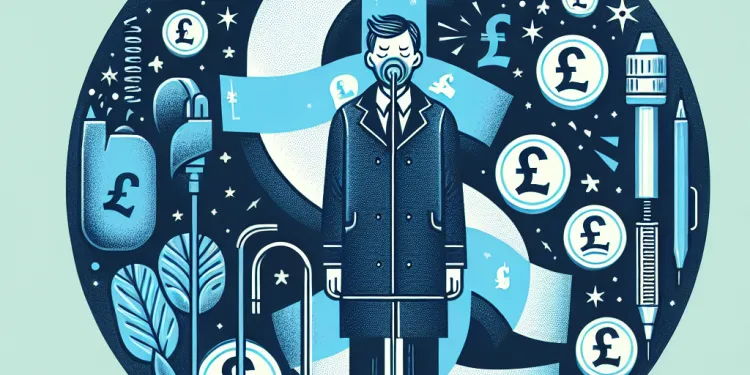
What is sleep apnoea?
Relevance: 73%
-

What lifestyle changes can help manage sleep apnea?
Relevance: 69%
-

What should I do if I suspect I have sleep apnea?
Relevance: 67%
-
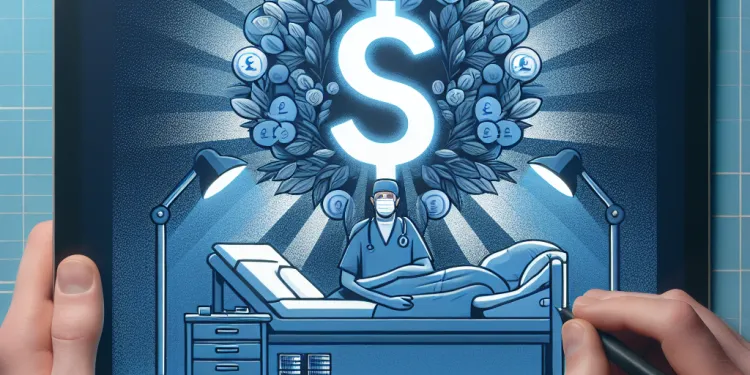
Can sleep apnea be cured?
Relevance: 66%
-

What causes obstructive sleep apnea?
Relevance: 64%
-
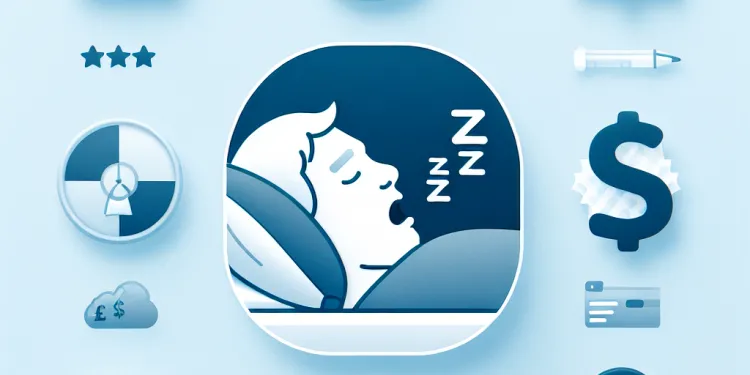
Is snoring always a sign of sleep apnea?
Relevance: 63%
-

What is complex sleep apnea syndrome?
Relevance: 61%
-
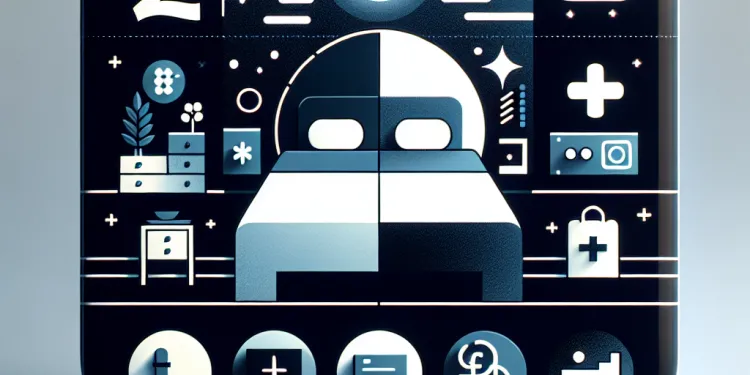
What treatments are available for sleep apnea?
Relevance: 60%
-

Can weight loss improve sleep apnea?
Relevance: 59%
-
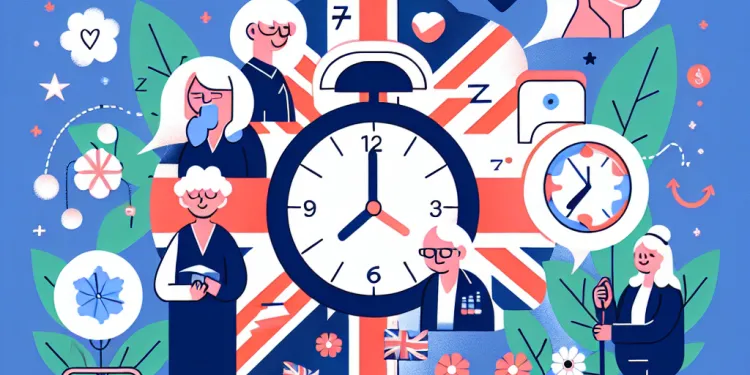
The Importance of Sleep for All Ages
Relevance: 55%
-
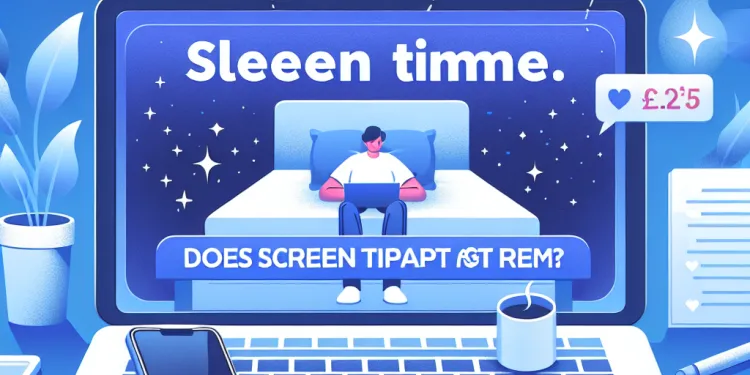
Does screen time impact REM sleep?
Relevance: 54%
-
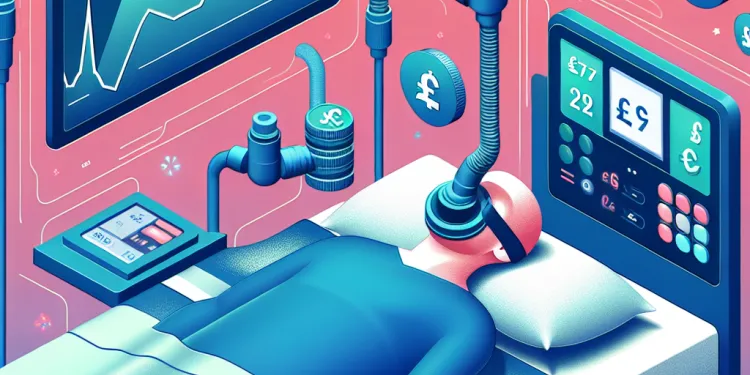
Is CPAP the only treatment for sleep apnea?
Relevance: 54%
-

Does screen time affect both sleep onset and sleep maintenance?
Relevance: 52%
-

Are children more affected by screen time in relation to sleep than adults?
Relevance: 50%
-
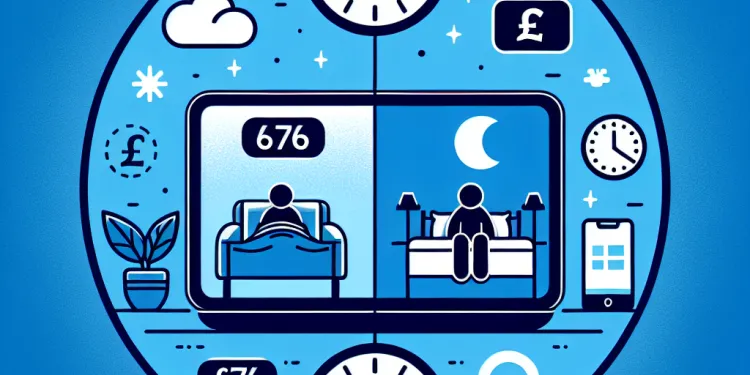
Is there a difference in screen time impact on sleep between weekdays and weekends?
Relevance: 49%
-
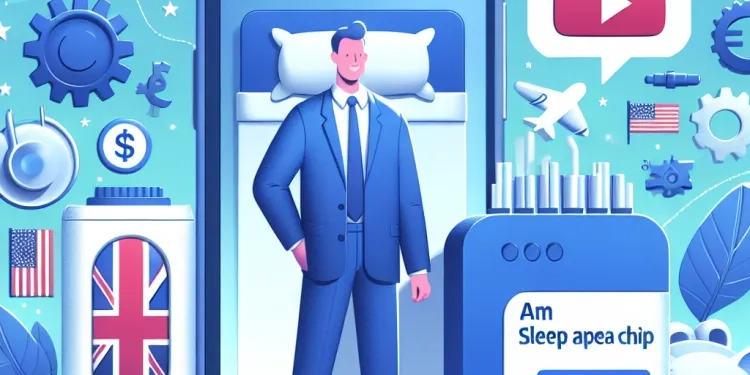
Am I eligible to try the new sleep apnea chip?
Relevance: 47%
-
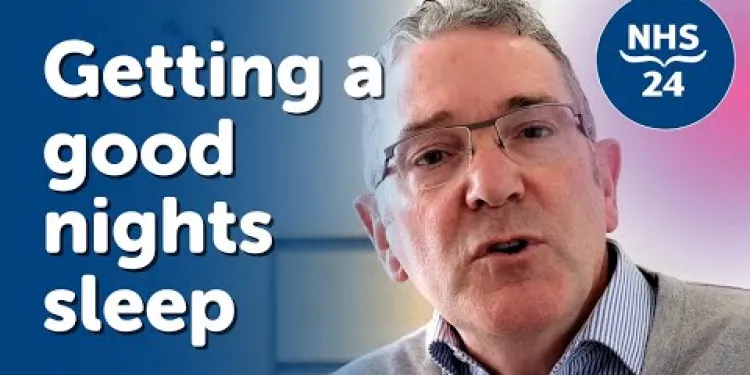
Top Tips to Help You Get a Good Nights Sleep
Relevance: 47%
-

What is the main finding of the study linking screen time to sleep quality?
Relevance: 43%
-

How does the new Sleep Apnea Chip work?
Relevance: 43%
-

Who is at risk of developing Alzheimer's disease?
Relevance: 42%
-

What demographic showed the most significant change in sleep quality due to screen time?
Relevance: 40%
-
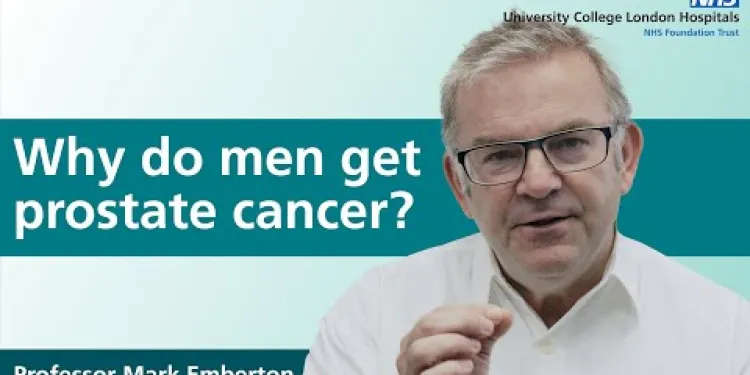
Why do men get prostate cancer?
Relevance: 40%
-

Can reducing screen time improve sleep quality?
Relevance: 40%
-

Who is at risk for severe illness from West Nile Virus?
Relevance: 39%
-
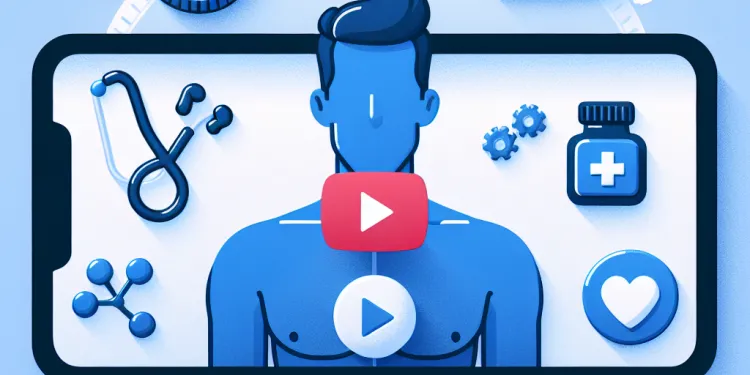
Am I more at risk of prostate cancer?
Relevance: 39%
-

How does screen time affect sleep quality?
Relevance: 38%
-
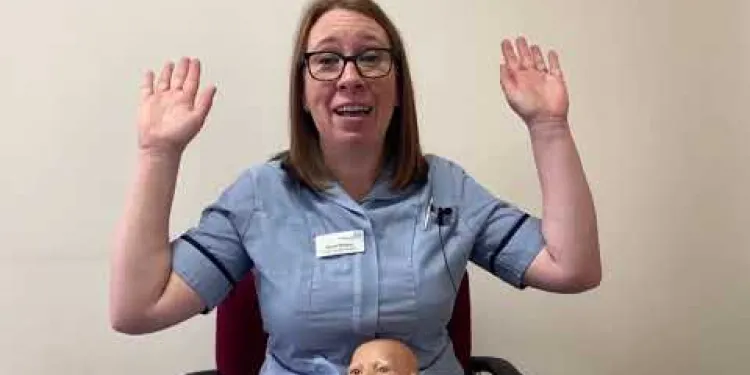
Safe sleeping and reducing the risk of Sudden Infant Death Syndrome (SIDS)
Relevance: 38%
-
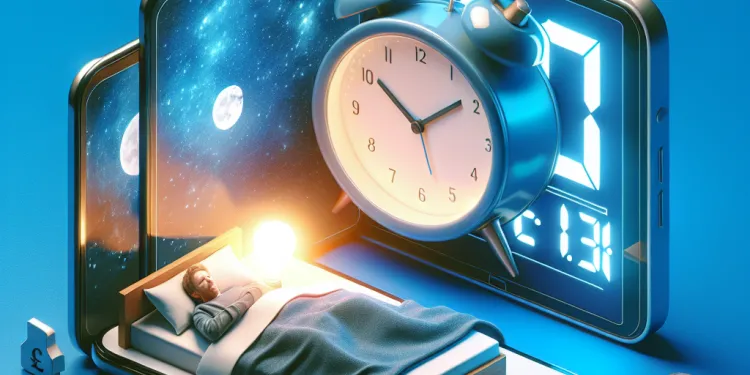
Study Shows Link Between Screen Time and Sleep Quality
Relevance: 38%
-

How does screen time before bed specifically affect adolescents?
Relevance: 37%
What are Risk Factors for Developing Sleep Apnea?
Sleep apnea is a common disorder characterised by abnormal pauses in breathing or instances of abnormally low breathing during sleep. Understanding the risk factors for developing sleep apnea is crucial, as it can help in early identification and management of the condition. Several factors can increase the likelihood of developing sleep apnea, some of which are modifiable, while others are not.
Age
Age is a significant risk factor for sleep apnea. Although the condition can occur at any age, the likelihood increases as people get older. This is primarily due to changes in muscle tone and body composition with ageing, which can affect the airway during sleep. Men over the age of 40 are particularly at risk, though women’s risk increases after menopause.
Gender
Gender plays a crucial role in the prevalence of sleep apnea. Men are more likely to develop sleep apnea than women, with a ratio of approximately 2:1. However, the risk for women increases post-menopause, potentially due to hormonal changes that affect the upper airway. Recognising the gender disparity helps in targeting preventive measures and screening.
Obesity
Obesity is one of the most significant modifiable risk factors for sleep apnea. Excess body weight, particularly around the neck, can increase pressure on the airway, making it more prone to collapse during sleep. Around 60-70% of individuals with sleep apnea are obese, highlighting the strong correlation between obesity and the condition. Addressing weight through lifestyle changes can significantly reduce the risk and severity of sleep apnea.
Anatomy
Certain anatomical features can predispose individuals to sleep apnea. These include having a thick neck, a narrow airway, or enlarged tonsils. These physical characteristics can contribute to airway blockage, especially during the relaxation that occurs during sleep. Recognising these anatomical risks can help with early diagnosis and treatment.
Family History
Genetic factors also play a role in the development of sleep apnea. Individuals with a family history of sleep apnea are more likely to develop the condition themselves. This may be due to inherited physical traits, such as high arched palates or certain facial structures, that increase the risk of airway obstruction during sleep.
Smoking and Alcohol Use
Lifestyle choices such as smoking and alcohol consumption are modifiable risk factors for sleep apnea. Smoking can increase inflammation and fluid retention in the upper airway, while alcohol can relax the muscles around the throat, both leading to an increased risk of airway blockage during sleep. Reducing or eliminating these substances can decrease the risk of sleep apnea.
What Are Risk Factors for Developing Sleep Apnea?
Sleep apnea is when breathing stops or becomes very slow during sleep. It's important to know what can cause sleep apnea so we can find and treat it early. Some things can make sleep apnea more likely. Some you can change, and some you cannot.
Age
Getting older can make sleep apnea more likely. It can happen at any age, but it is more common as you age. This is because the muscles and body change when you get older, which can affect breathing at night. Men over 40 and women after menopause have higher risk.
Gender
Being male makes sleep apnea more likely. Men are more likely than women to have sleep apnea. But women’s risk goes up after menopause because body changes can affect breathing. Knowing this helps doctors check who might get sleep apnea.
Obesity
Being overweight is a big risk for sleep apnea. Extra weight, especially around the neck, can press on the airway and cause it to close during sleep. Many people with sleep apnea are overweight. Losing weight can help reduce the risk and make sleep apnea better.
Anatomy
The way your body is built can affect sleep apnea risk. Having a thick neck, a small airway, or big tonsils can block the airway. These body traits can make breathing problems during sleep more likely.
Family History
Sleep apnea can run in families. If your family has a history of sleep apnea, you might be more likely to get it too. This is because some body traits that affect breathing can be inherited from parents.
Smoking and Alcohol Use
Smoking and drinking alcohol can make sleep apnea worse. Smoking can swell the airway, and alcohol can relax throat muscles too much. Cutting down or stopping smoking and drinking can help lower the risk of sleep apnea.
For help understanding this, ask someone to read it with you. Using apps that read text aloud can also be useful.Frequently Asked Questions
What is sleep apnea?
Sleep apnea is a sleep disorder where breathing repeatedly stops and starts during sleep.
What are the most common risk factors for sleep apnea?
The most common risk factors for sleep apnea include obesity, age, family history, and gender.
How does obesity contribute to sleep apnea?
Obesity can lead to fat deposits around the upper airway, which may obstruct breathing during sleep.
At what age is sleep apnea more prevalent?
Sleep apnea is more common in adults over 40, but it can occur at any age.
Can men and women both develop sleep apnea?
Yes, both men and women can develop sleep apnea, but it is more common in men.
How does family history affect the risk of sleep apnea?
Having a family history of sleep apnea increases the likelihood of developing the condition.
What role does smoking play in sleep apnea risk?
Smoking can increase inflammation and fluid retention in the upper airway, increasing the risk of sleep apnea.
Are there anatomical factors that can contribute to sleep apnea?
Yes, a narrowed airway, large tonsils, or a thick neck can increase the risk of sleep apnea.
Can alcohol consumption influence the risk of sleep apnea?
Yes, alcohol relaxes throat muscles, which can exacerbate breathing problems during sleep.
Does having a thicker neck increase sleep apnea risk?
Yes, a neck circumference greater than 17 inches in men and 16 inches in women is associated with a higher risk.
Is nasal congestion a risk factor for sleep apnea?
Chronic nasal congestion can increase the risk of sleep apnea by obstructing airflow through the nose.
Can certain medications influence sleep apnea?
Yes, medications that relax muscles or affect the respiratory system can influence sleep apnea severity.
How does having a large tongue affect sleep apnea risk?
A large tongue can obstruct the upper airway, increasing the risk of sleep apnea.
Does menopause affect the risk of sleep apnea in women?
Yes, hormonal changes during menopause may increase the risk of sleep apnea in women.
Can sleep position impact the risk of sleep apnea?
Sleeping on the back can worsen obstructive sleep apnea as gravity can cause airway collapse.
Is hypertension related to sleep apnea risk?
Yes, there is a strong association between hypertension and sleep apnea.
Can polycystic ovary syndrome (PCOS) increase sleep apnea risk?
Women with PCOS are at a higher risk for sleep apnea due to associated hormonal changes and obesity.
Are there racial or ethnic groups more at risk for sleep apnea?
Some studies suggest that African Americans and Hispanics may have a higher prevalence of sleep apnea.
Can GERD (gastroesophageal reflux disease) increase sleep apnea risk?
GERD can worsen sleep apnea symptoms due to acid reflux irritating the airway.
Is sleep apnea more common with certain medical conditions?
Yes, conditions like congestive heart failure, type 2 diabetes, and hypothyroidism can be associated with sleep apnea.
What is sleep apnea?
Sleep apnea is a problem that happens when a person sleeps. It means they stop breathing for a short time. This can happen many times when they are asleep. It can make them feel very tired during the day.
Some things that can help are:
- Sleeping on your side.
- Using a special machine called a CPAP machine. It helps you breathe at night.
- Asking a doctor for advice.
If you think you have sleep apnea, tell a grown-up or a doctor. They can help you.
Sleep apnea is a sleep problem. When you have it, your breathing stops and starts again many times while you sleep.
What things make sleep apnea more likely?
Here are some things that can make it more likely:
- Being older
- Being overweight
- Being male
- Having a family member with sleep apnea
- Smoking
- Drinking alcohol a lot
- Having problems like a small throat or nose issues
If someone struggles with reading, try using:
- Reading aloud software
- Pictures to help explain words
There are a few things that can make a person more likely to have sleep apnea:
- Being overweight
- Getting older
- Having family members with sleep apnea
- Being male
Try using simple tools like picture charts or talking with someone who knows a lot about sleep apnea to learn more.
How does being very overweight affect sleep breathing problems?
Being very overweight can cause fat to build up around the throat. This can make it hard to breathe when you are sleeping.
At what age is sleep apnea more common?
Sleep apnea is a problem with breathing during sleep.
It happens more often in older people.
If you have trouble reading, you can:
- Ask someone to read it aloud to you.
- Use an app to read the words aloud.
- Break down big words into parts to understand them better.
Sleep apnea is when you stop breathing for a short time while you sleep. It happens more often in people over 40 years old. But it can happen to anyone, no matter their age.
Can both men and women get sleep apnea?
Yes, both men and women can have sleep apnea. Sleep apnea is when you stop breathing for short times while you sleep.
Tools to help:
- Try using a CPAP machine. It helps you breathe while you sleep.
- Sleep on your side. It can make breathing easier.
- Ask a doctor for more help if needed.
Yes, both men and women can have sleep apnea. But men get it more often than women.
How can family history change the chance of having sleep apnea?
Family history means what health problems your family members have had. If people in your family have sleep apnea, you might have a higher chance of getting it too.
Some helpful tips to understand this better:
- Look at your family's health history. Ask your parents or grandparents if they had sleep apnea.
- Talk to your doctor if you think you might have sleep apnea. They can help you find out more.
- Use pictures or videos online to learn about sleep apnea. They show how it affects people.
If other people in your family have sleep apnea, you are more likely to have it too.
How does smoking make sleep apnea worse?
Smoking can make it harder to breathe at night. If you smoke, it might make sleep problems like sleep apnea worse.
Here are some things that can help:
- Try to quit smoking.
- Talk to a doctor for help and advice.
- Use a special pillow to keep your head up while you sleep.
- Avoid drinking alcohol before bed.
Smoking can make the airways in your throat swollen. It can also cause extra fluid to build up there. This makes it harder to breathe when you sleep. This problem is called sleep apnea.
Can body parts cause sleep apnea?
Some parts of our body can make us have sleep apnea. Sleep apnea is when you stop breathing while sleeping. It can make you very tired.
If the throat or nose is narrow or blocked, it can cause sleep apnea. Sometimes big tonsils can also block your throat.
If you think you might have sleep apnea, talk to a doctor. They can help you find ways to breathe better at night.
Using special pillows and sleeping on your side can help, too.
Yes, if your throat is smaller, you have big tonsils, or a thick neck, it can make it harder to breathe when you sleep. This is called sleep apnea.
Can drinking alcohol affect sleep apnea?
Yes, drinking alcohol makes the muscles in your throat relax. This can make it harder to breathe when you are sleeping.
Can having a big neck make it hard to sleep?
When you have a big neck, it might be harder to breathe when you sleep. This can be a problem called sleep apnea.
If you or someone you know has a big neck and finds it hard to sleep well, talk to a doctor or nurse. They can help you find ways to sleep better.
Using a special pillow or sleeping in a different position might also help. Apps or devices that help track sleep can be useful too.
If a man's neck is bigger than 17 inches around, or a woman's neck is bigger than 16 inches around, they could have more health risks.
If reading is hard, try using tools like audio books or text-to-speech to listen to words. These tools can help make reading easier and more fun!
Does having a stuffy nose make sleep problems worse?
If your nose is blocked, it can be hard to breathe when you sleep. This might cause sleep problems like sleep apnea. Sleep apnea is when you stop breathing for a short time while sleeping.
To help with a stuffy nose, you can use:
- Nasal sprays to clear your nose.
- A humidifier to keep the air moist.
- Saline rinses to wash out your nose.
Talk to a doctor if you have trouble sleeping. They can help you find out what's wrong and how to fix it.
Having a stuffy nose all the time can make it harder to breathe when you sleep. This can increase the chance of having sleep problems like sleep apnea.
Can some medicines affect sleep apnea?
Yes, some medicines can make sleep apnea worse. These medicines make your muscles relax or change how you breathe.
Can a Big Tongue Make Sleep Problems Worse?
People with big tongues might have trouble sleeping. This is because their tongue can block their throat when they sleep.
If you snore or feel tired in the morning, talk to a doctor. They can help you sleep better.
Tools like special pillows or sleep masks might help. They keep your throat open so you can breathe easily.
A big tongue can block the airway and make it hard to breathe when you sleep. This can make a problem called sleep apnea.
Can Menopause Change Sleep Breathing Problems in Women?
When women go through menopause, their bodies change. This time can make sleep breathing problems, like sleep apnea, more likely.
Here are some tools that can help:
- Try using a sleep mask to help rest better.
- Relax before bed with calm music or gentle breathing.
- Ask a doctor for advice if you have trouble breathing at night.
Yes, when women go through menopause, their hormones change. This can make it more likely for them to have sleep apnea. Sleep apnea is a problem where you stop breathing for short times when you are asleep.
Can the way you sleep change your chances of getting sleep apnea?
Sleeping on your back can make breathing problems worse. This is because gravity can make it harder for air to go through your throat.
Can high blood pressure make sleep problems worse?
Yes, high blood pressure and trouble breathing while sleeping are often linked.
Can having PCOS make it harder to breathe while sleeping?
Women with PCOS can have a higher chance of getting sleep apnea. This is because of changes in hormones and being overweight.
Do some groups of people have a higher chance of getting sleep apnea?
Some studies show that African Americans and Hispanics may have more sleep apnea.
Does GERD Make Sleep Apnea Worse?
GERD means stomach acid comes into your food pipe. Can GERD cause more problems with sleep apnea, which is when you stop breathing in your sleep?
It is good to talk to a doctor about GERD and sleep apnea. They can help you.
Here are some tips:
- Try using extra pillows to sleep with your head up.
- Eat smaller meals, and do not eat right before bed.
- Ask your doctor if there are medicines that can help you.
- Try to stay at a healthy weight, which can help with both GERD and sleep apnea.
GERD can make sleep apnea worse. This happens because acid comes up and bothers the airway.
Can Some Health Problems Make Sleep Apnea Happen More Often?
Yes, some health problems can be linked to sleep apnea. These include heart problems, type 2 diabetes, and thyroid issues.
Useful Links
- Ergsy carfully checks the information in the videos we provide here.
- Videos shown by Youtube after a video has completed, have NOT been reviewed by ERGSY.
- To view, click the arrow in centre of video.
- Most of the videos you find here will have subtitles and/or closed captions available.
- You may need to turn these on, and choose your preferred language.
- Go to the video you'd like to watch.
- If closed captions (CC) are available, settings will be visible on the bottom right of the video player.
- To turn on Captions, click settings .
- To turn off Captions, click settings again.
More Items From Ergsy search
-

What are risk factors for developing sleep apnea?
Relevance: 100%
-

How common is sleep apnea?
Relevance: 88%
-

Why is sleep apnea dangerous?
Relevance: 83%
-

How is sleep apnea diagnosed?
Relevance: 81%
-

What is sleep apnea?
Relevance: 81%
-

What are common symptoms of sleep apnea?
Relevance: 81%
-

What is complex sleep apnea syndrome?
Relevance: 80%
-

What are the main types of sleep apnea?
Relevance: 79%
-

Does sleep apnea occur only in adults?
Relevance: 78%
-

Can alcohol worsen sleep apnea?
Relevance: 75%
-

Can children have sleep apnea?
Relevance: 75%
-

What is sleep apnoea?
Relevance: 73%
-

What lifestyle changes can help manage sleep apnea?
Relevance: 69%
-

What should I do if I suspect I have sleep apnea?
Relevance: 67%
-

Can sleep apnea be cured?
Relevance: 66%
-

What causes obstructive sleep apnea?
Relevance: 64%
-

Is snoring always a sign of sleep apnea?
Relevance: 63%
-

What is complex sleep apnea syndrome?
Relevance: 61%
-

What treatments are available for sleep apnea?
Relevance: 60%
-

Can weight loss improve sleep apnea?
Relevance: 59%
-

The Importance of Sleep for All Ages
Relevance: 55%
-

Does screen time impact REM sleep?
Relevance: 54%
-

Is CPAP the only treatment for sleep apnea?
Relevance: 54%
-

Does screen time affect both sleep onset and sleep maintenance?
Relevance: 52%
-

Are children more affected by screen time in relation to sleep than adults?
Relevance: 50%
-

Is there a difference in screen time impact on sleep between weekdays and weekends?
Relevance: 49%
-

Am I eligible to try the new sleep apnea chip?
Relevance: 47%
-

Top Tips to Help You Get a Good Nights Sleep
Relevance: 47%
-

What is the main finding of the study linking screen time to sleep quality?
Relevance: 43%
-

How does the new Sleep Apnea Chip work?
Relevance: 43%
-

Who is at risk of developing Alzheimer's disease?
Relevance: 42%
-

What demographic showed the most significant change in sleep quality due to screen time?
Relevance: 40%
-

Why do men get prostate cancer?
Relevance: 40%
-

Can reducing screen time improve sleep quality?
Relevance: 40%
-

Who is at risk for severe illness from West Nile Virus?
Relevance: 39%
-

Am I more at risk of prostate cancer?
Relevance: 39%
-

How does screen time affect sleep quality?
Relevance: 38%
-

Safe sleeping and reducing the risk of Sudden Infant Death Syndrome (SIDS)
Relevance: 38%
-

Study Shows Link Between Screen Time and Sleep Quality
Relevance: 38%
-

How does screen time before bed specifically affect adolescents?
Relevance: 37%